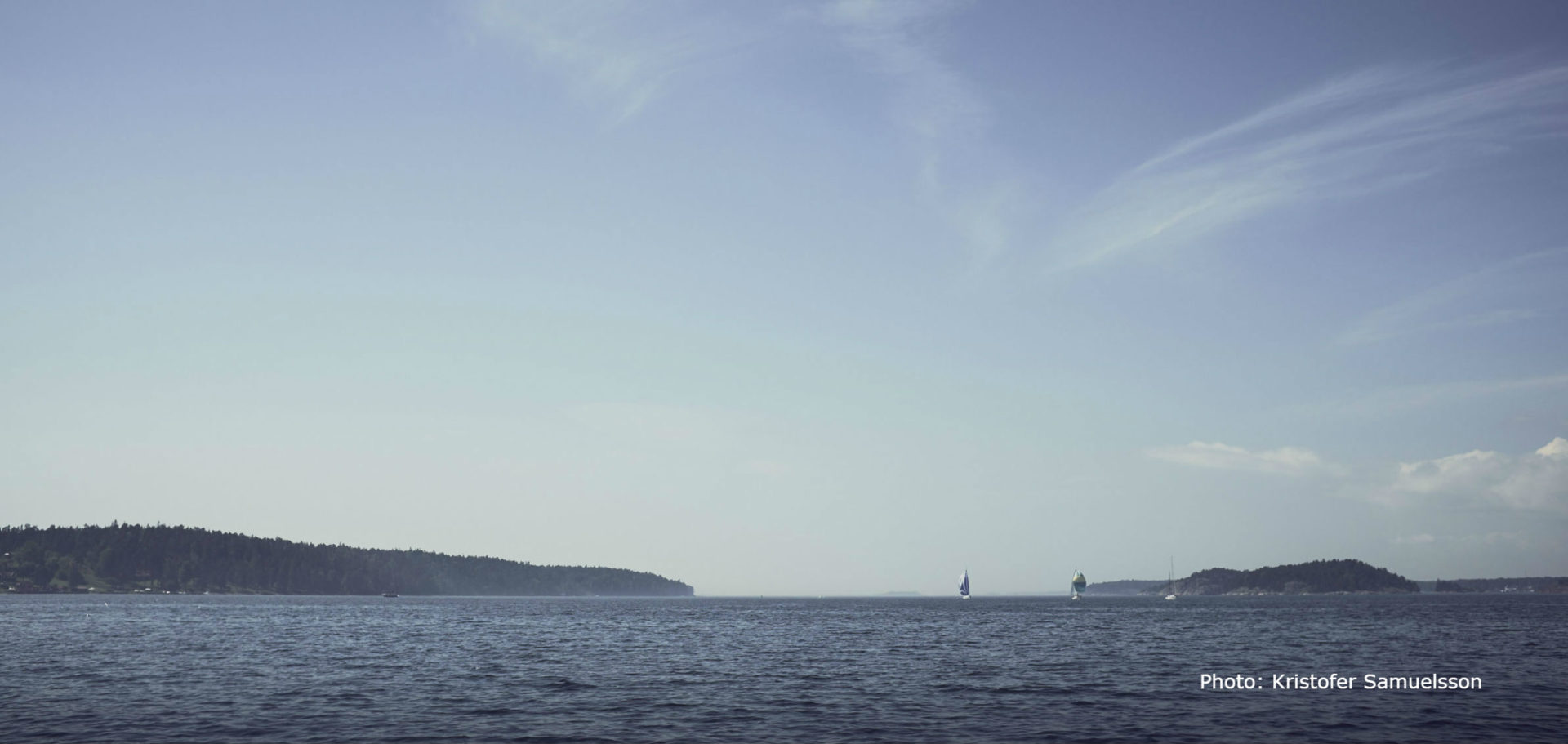Workshop: Nutrient Monitoring and Reporting
The workshop is the first of two workshops within the project “Baltic Sea Accelerators: Pioneers for better pollution monitoring and reporting”. We will discuss how municipalities monitor and report nutrient discharges today, what information is needed by Helcom for a more effective monitoring progress of the Baltic Sea Action Plan and potential socioeconomic benefits for municipalities. The report will serve as a background discussion paper in the first workshop.
Invited to the workshop are partners of the Baltic Sea City Accelerator Pioneers, Baltic Sea City Accelerator Program, Helcom, Helcom PLC6 rapporteurs from the whole BS region, national authorities and institutions involved in compilation analysis and reporting of national data to Helcom and NGOs engaged in the sustainable development of Baltic Sea.
The expected outcome of the workshop is a better understanding of:
- Drivers for municipal monitoring of nutrient discharges today.
- What information related to nutrient discharges is needed by Helcom from BS municipalities in order to more effectively reach the targets in the Helcom Baltic Sea Action plan (BSAP).
- Socioeconomic benefits for municipalities from monitoring this information.
- How nutrient discharge information is transferred from municipalities to Helcom.
These results will be used as baseline for a second workshop later this year, where we will discuss possible solutions and ways forward to engage municipalities and citizens better in forwarding information to Helcom Baltic Sea Action Plan Progress.
Programme
09:30 Welcome and overview of the project BS Accelerators – Pioneers for better Nutrient Monitoring and Reporting
Lotta Samuelson, SIWI Swedish Water House and Barbara Jackson, Race For The Baltic
09:40 Presentation: HELCOM Baltic Sea Action Plan – What information from BS municipalities would help HELCOM BSAP to reach the adopted national nutrient reduction targets?
Dmitry Frank-Kamenetsky, Professional Secretary, HELCOM (30 min)
10:10 Presentation of Study – Status quo for nutrient monitoring and reporting within BS City Accelerators
Helene Ejhed, Head of Organic environmental analysis group, IVL
10:30 Coffee break
11:00 Session 1 is continued
Lotta Samuelson, SIWI Swedish Water House
- What prioritized HELCOM information is already monitored in Sweden/Poland/Lithuania/Mariehamn?
- What of the remaining information would be “low hanging fruit” to start collecting?
- What is needed at the municipal level for this information to be collected?
- What is needed on the institutional level to enable this information to be transferred to HELCOM?
- What data collection is more challenging on national/regional/municipal level in Sweden/Poland/Lithuania?
- How could (what resources, structures etc. are needed for) these data be collected?
11:45 Summary and wrap up – what could be the next steps to connect municipalities more to the BSAP?
12:00 Lunch
13:00 Session 2 – Examples from other regions and cities
Strategies for municipalities and local governments to capture economic and environmental benefits – experiences from BS City Accelerator programme and scaling up to 100 cities
Barbara Jackson, Race For The Baltic/Marc Klaus, Race For The Baltic
Milestones and visualizing progress Setting milestones, role of cities, reporting, visualizing checklists, voluntary, etc.
Presentation from Rich Batiuk, EPA (via Skype)
Stockholm Water Monitoring Case Smart sustainable city solution – Stockholm Case Study
Presentation by Ruchi Verma, Ericsson
- What are the indicators that cities/municipalities could collect and report?
- How could we connect the HELCOM/BSAP targets to SDGs?
- How do we get cities to report?
14:00 Coffee
Session 2 continued – Discussion
Barbara Jackson, Race For The Baltic/Marc Klaus, Race For The Baltic
- What are the indicators that cities/municipalities could collect and report?
- How could cities/municipalities be incentivized to report?
- How could we connect the HELCOM/BSAP targets to SDGs?
Summary and wrap up – what could be the next steps towards a “Baltic Sea Water Quality Digital Platform”?
14:45 Next steps
Lotta Samuelson, SIWI Swedish Water House and Barbara Jackson, Race For The Baltic
15:00 Workshop concludes
